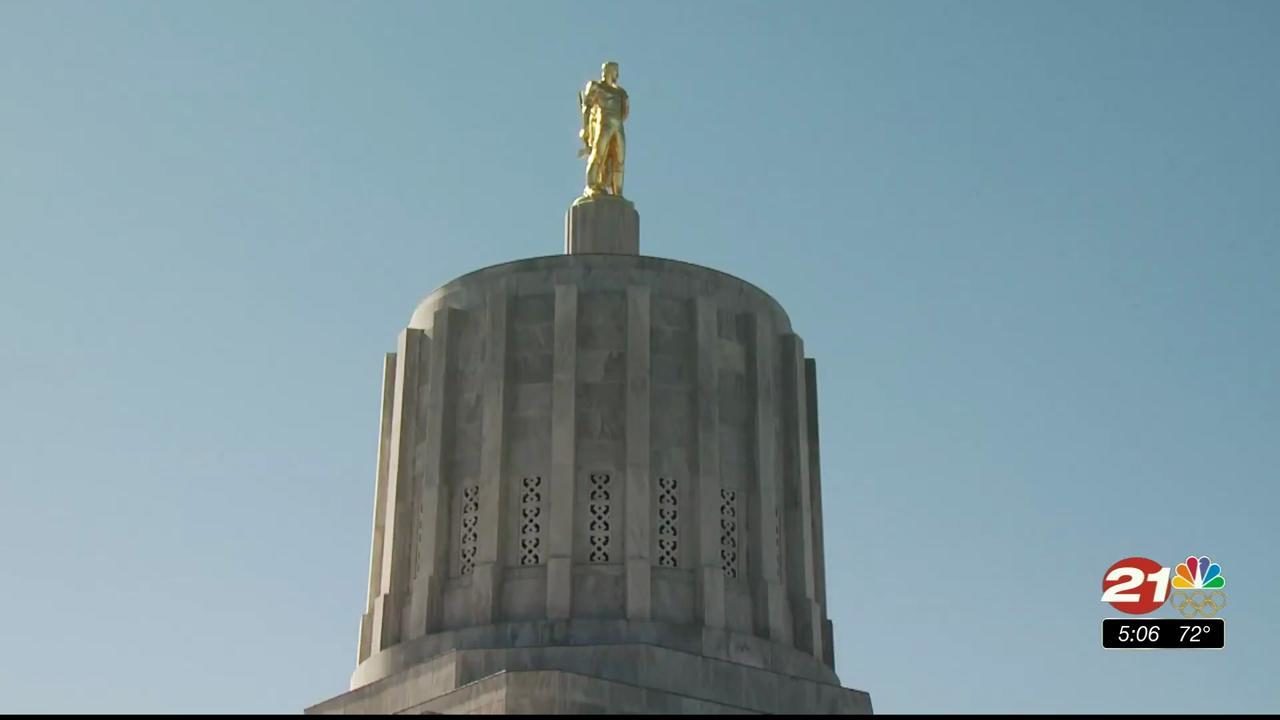Oregon Legislature short session’s tall order: Will Dems, GOP be able to get along?

PORTLAND, Ore. (AP) — As Oregon lawmakers prepare to return to the state Capitol next week for a 35-day legislative session, Republicans and Democrats have differing opinions on what that time should be used for.
While Republicans say traditionally the short legislative session is used to address budget fixes and technical issues from the previous year’s long session, Democrats say some larger items can’t wait.
“The short session is designed for budgetary and legislative fixes,” House Minority Leader Vikki Breese-Iverson of Prineville said Tuesday during the annual Associated Press Legislative Preview. “Big issues, again, were not meant to be brought forward in a month-long session. But we’re already seeing some of those in committee agendas.”
Specifically, Rep. Breese-Iverson noted a previously introduced bill that is designed to require employers to pay agriculture owners overtime wages for work in excess of 40 hours in a week.
While both parties are cautiously optimistic they can get along, especially as there have been leadership changes from the previous session, Breese-Iverson reiterated that “tools” are on the table, this includes walkouts — an increasingly common tactic the minority party has used in order to delay and block bills.
“If we see highly partisan and complex bills being rushed through the Legislature in February, Republicans are prepared to use the tools necessary to protect Oregonians from even more negative consequences from the majority’s short-sighted policies and failed leadership,” Breese-Iverson said.
Although this is a short session — when compared to odd-numbered years, when sessions can last up to 160 days as the Legislature approves a two-year state budget for the next biennium — Democrats note this is the first regular short (but not special) session since the beginning of the pandemic.
During that time span, there have also been detrimental wildfires and deadly heat waves.
“There are things that cannot wait two years, in between the long sessions,” said House Majority Leader Julie Fahey. “The situation we’re in right now is exactly why we went to short sessions.”
The Oregon Legislature is scheduled to convene next Tuesday, Feb. 1.
Priorities outlined by Gov. Kate Brown and legislative leaders include affordable housing, education, public safety, advancing the Private Forest Accord, allocating $100 million package in investments for child care services, a $200 million package to bolster the state’s workforce and $38 million to help small businesses — through a recovery fund, expanding technical assistance and increasing funding to regional economic development organizations.